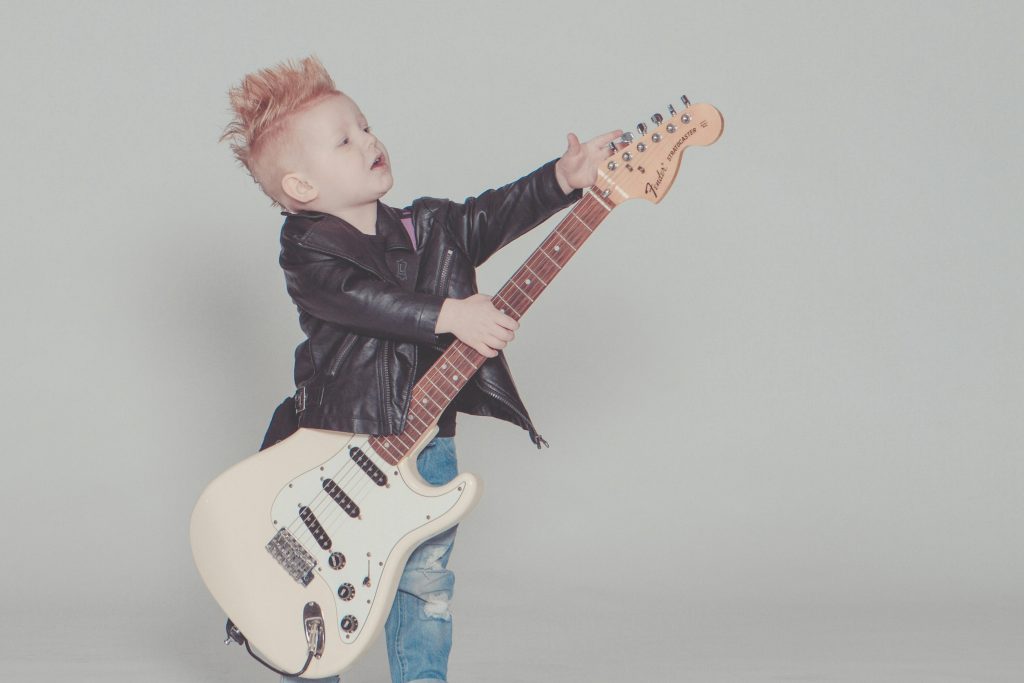In the vibrant world of primary education, music has long been recognized as a transformative force, shaping young minds and enriching the lives of children. Yet, as the demands of the modern curriculum continue to evolve, the importance of music provision within the national curriculum in England is sometimes overlooked. It’s time to shed light on the profound impact that a robust music education can have on our primary school students.
The Inherent Value of Music
Music is not merely an extracurricular activity or a pleasant distraction from the core subjects. It is a fundamental aspect of the human experience, deeply woven into the fabric of our culture and cognitive development. By engaging with music, children not only develop a deeper appreciation for the arts but also unlock a wealth of cognitive, social, and emotional benefits.
Cognitive Stimulation and Academic Prowess
Numerous studies have demonstrated the remarkable impact of music education on academic performance. Learning to play an instrument, for example, has been shown to enhance children’s problem-solving skills, memory, and language development. Additionally, exposure to music has been linked to improved mathematical abilities, as the brain’s processing of musical elements shares neural pathways with mathematical reasoning.

Social and Emotional Wellbeing
Beyond the academic realm, music also plays a vital role in nurturing children’s social and emotional wellbeing. Participating in group music-making activities fosters teamwork, communication, and empathy, as children learn to collaborate, support one another, and appreciate diverse perspectives. Furthermore, the act of self-expression through music can be a powerful tool for emotional regulation, helping children to navigate the complexities of their inner worlds.
The Inclusive Nature of Music
One of the most remarkable aspects of music is its inherent inclusivity. Regardless of a child’s background, abilities, or learning preferences, music has the power to engage and inspire. From the rhythmic exploration of percussion instruments to the soulful melodies of the human voice, music provides a universal language that transcends boundaries and celebrates the diversity of our students.
Cultivating a Lifelong Passion
By embedding a robust music curriculum within the primary national curriculum in England, we have the opportunity to ignite a lifelong passion for the arts. Children who are exposed to high-quality music education at a young age are more likely to continue their musical pursuits throughout their academic journeys and into adulthood, enriching their lives and the cultural fabric of our communities.
The Call to Action
As we navigate the evolving landscape of primary education, it is crucial that we recognize the indispensable value of music. By prioritizing music provision within the national curriculum, we can empower our primary school students to unlock their full potential, foster their holistic development, and cultivate a deep appreciation for the transformative power of the arts.
The time is now to champion the importance of music in primary education. Let us work together to ensure that every child in England has the opportunity to discover the magic of music and unlock the boundless possibilities it holds.

